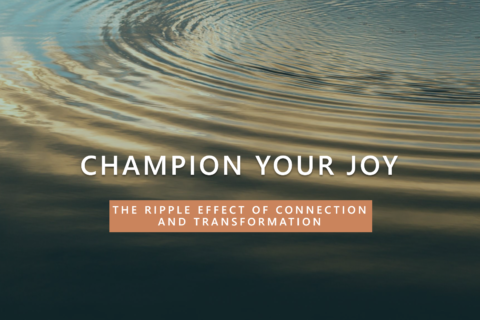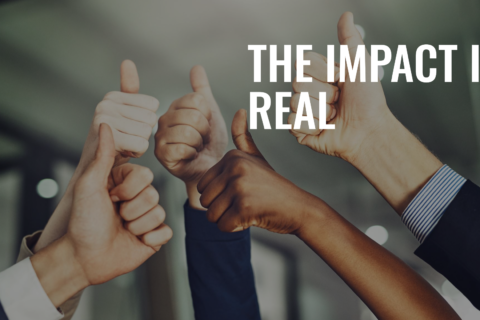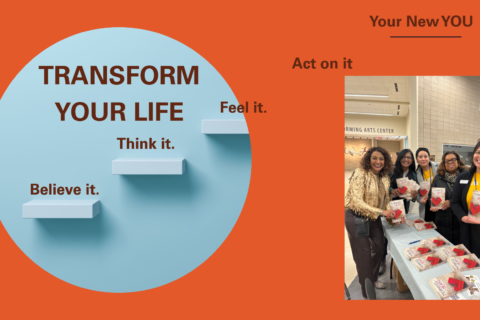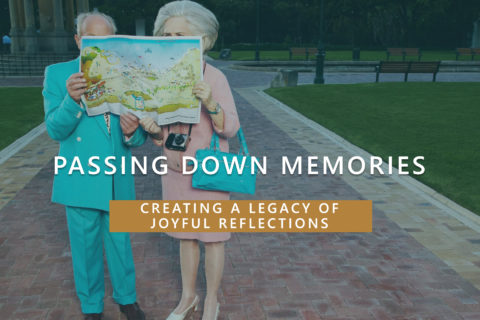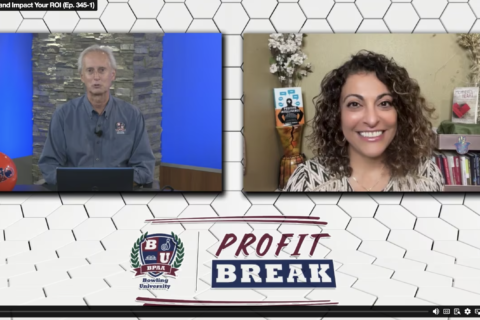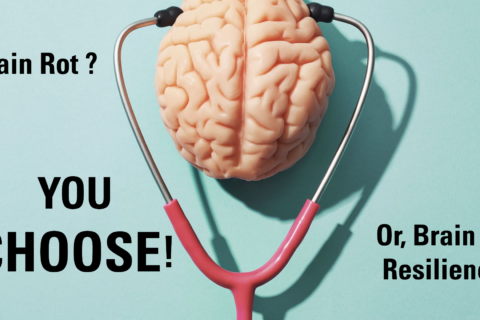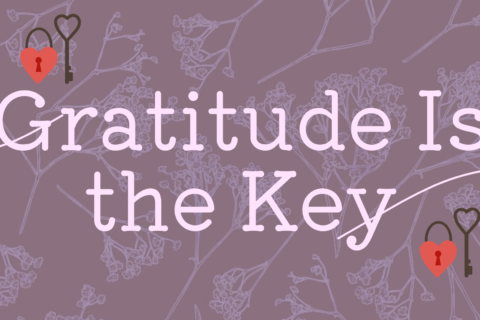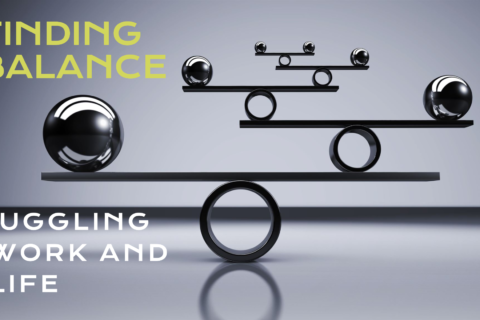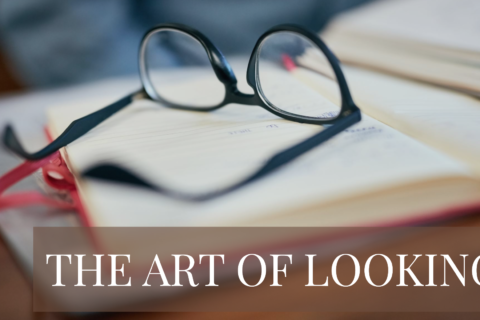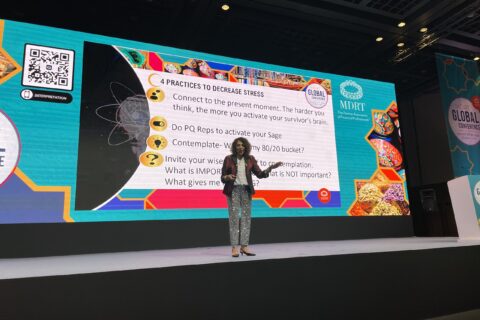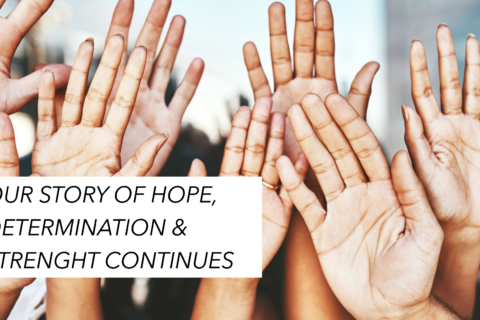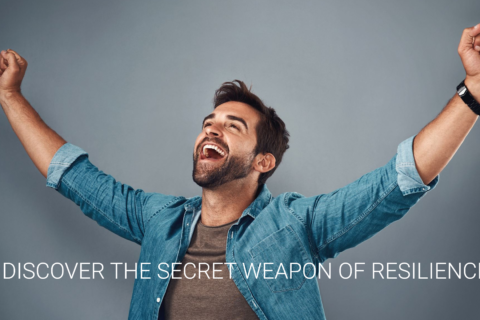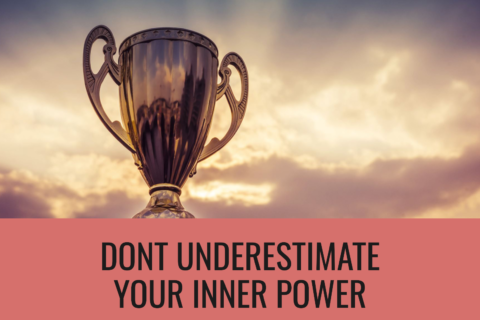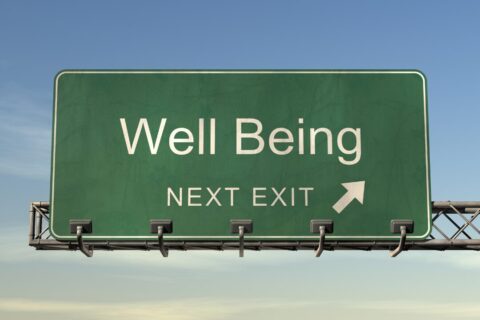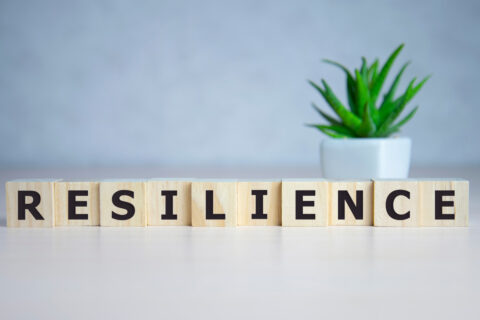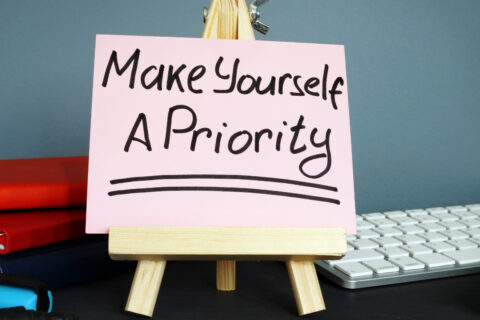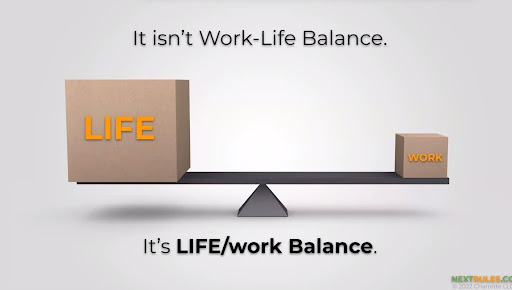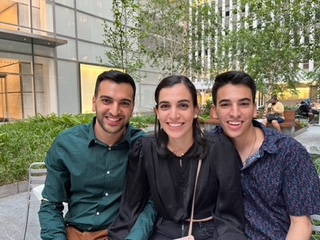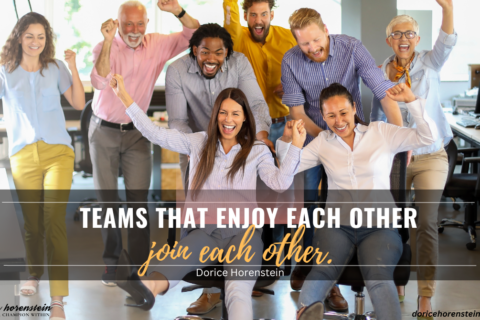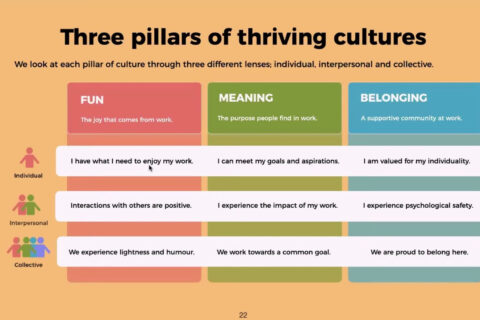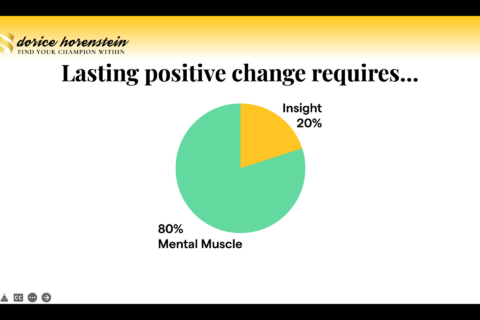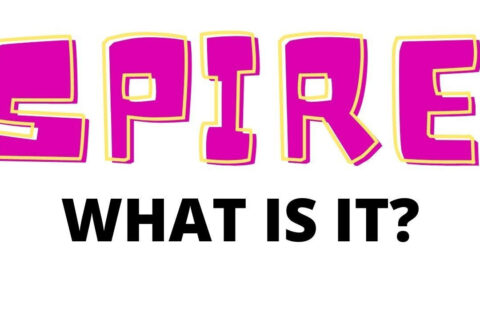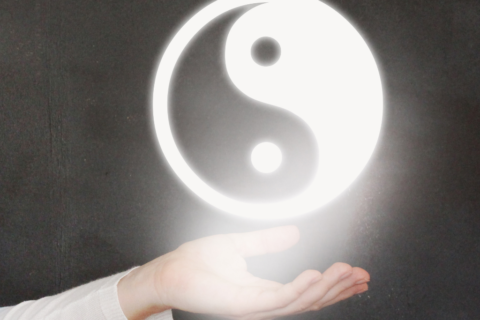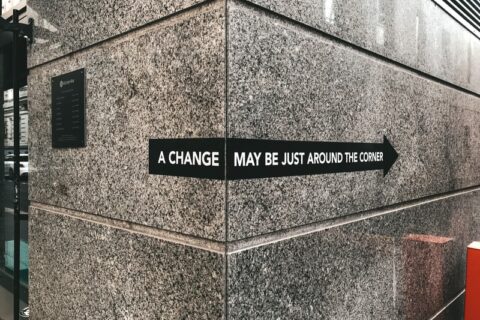
I often hear the need of employers to get their teams aligned.
But with what?
A lot of the time teams work toward an alignment of projects, an alignment of intellect, an alignment of behavior.
But what about an alignment of emotions? After all, emotions will determine;
what we do, how we do it, when we do it, why we do it, whom we do it with, or if we do it at all.
I am reminded of Brené Brown’s question in her latest series based on her book Atlas of the Heart: Do you believe human beings are thinking machines that sometimes feel? Or feeling machine that sometimes think?
Let’s take a second and recognize that we are feeling machines who sometimes think. Our emotions present the energy which moves us. Depending on our emotions we will either move toward something or away from something. Our emotions are either serving us or not serving us. Are your emotions serving you?
Someone who is excited, loyal, bored, or resentful will demonstrate different behaviors during a given meeting. Can you see how it could be detrimental to any team?
Listening to Dan Newby on a recent WBECS session on the emotional alignment in teams solidified and strengthened my work as a Positive Intelligence coach with teams as well as individuals.
Whatever we feel, the emotions we carry will come out. One way or another. Therefore working on our emotions will serve us well in the long run!
Have you ever come into a meeting when someone’s energy and emotion brought the whole group down? I have! And I sure felt bad, because this individual “took me down”. I was not strong enough in my own emotions and feelings to resist it!
In the positive intelligence lens we call it the contagion defect. If you are not mentally fit in your own mind, if you’re not strong in your sage, others will be able to influence you.
Let’s be honest- we are human! We carry our own luggage of emotion. The question to ask ourselves in interactions with others is; Is my luggage a carry-on or is it a check in? Am I really wanting to show up with his luggage?
Our thoughts and ideas become an action based on the emotions that we carry.
When striving for emotional alignment ask yourself:
1. What action do I want to see as the end goal?
2. Where am I now, in this present time? Are the emotions that I’m feeling will help me to get where I want to go? Or, are the emotions that I’m experiencing right now prevent me from the intended goal?
3. How do these emotions translate to a desired behavior? What do I need to do to Intercept my emotion, and shift into a better mindset, what we call in Positive Intelligence The Sage? What are we saying or not saying? What will we do or not do?
4. Do you have a Team etiquette, an expectations not only on behaviors but also on emotions in a team?
Working with teams can be challenging especially taking into consideration the types of teams. A team that always has been priding itself on its intellect, may at first diminish the need for emotional alignment. One question I find useful is asking– “What do we need in order to make this project successful?” To be successful, both goals and behaviors matter. Emotions drive our behavior.
What’s your relationship to emotions? As we share our emotions, trust is built within the team, which contributes to positive relationships, accountability and a mutual purpose.
Voila- A team that is aligned.
As always,
Be Yourself, Be Positive, Be the Champion you want to see!




